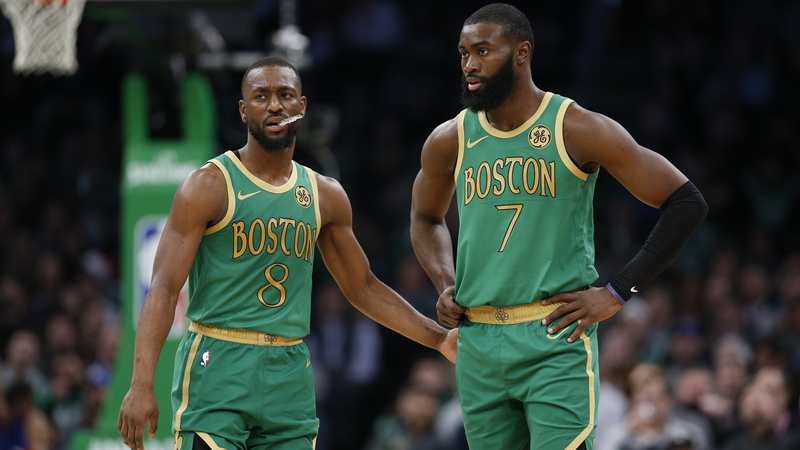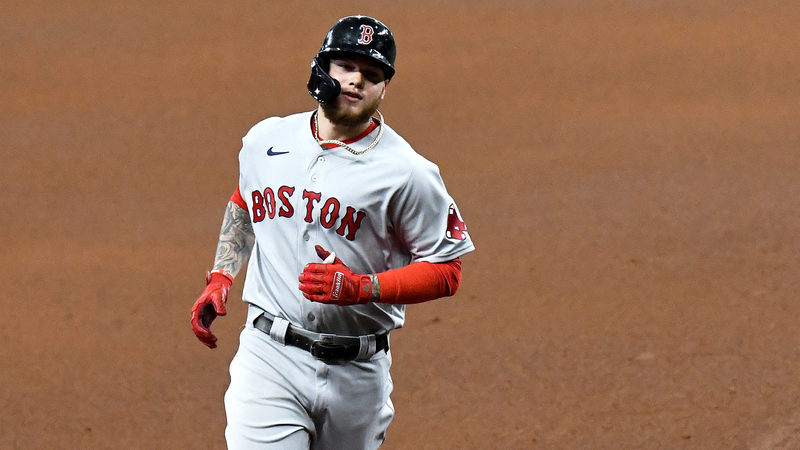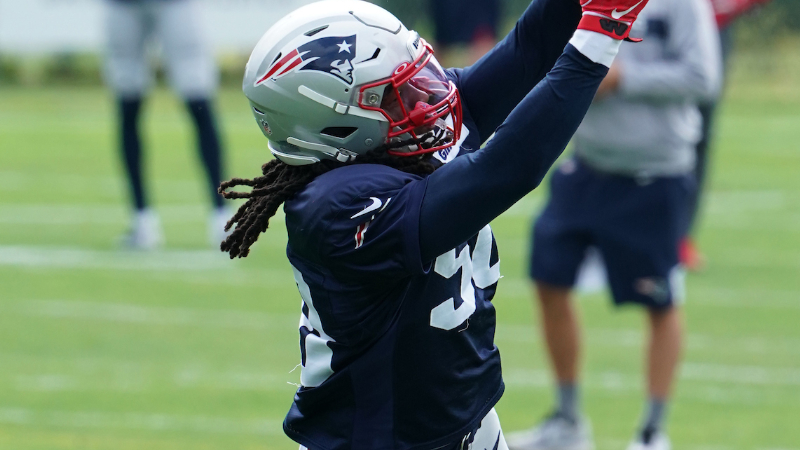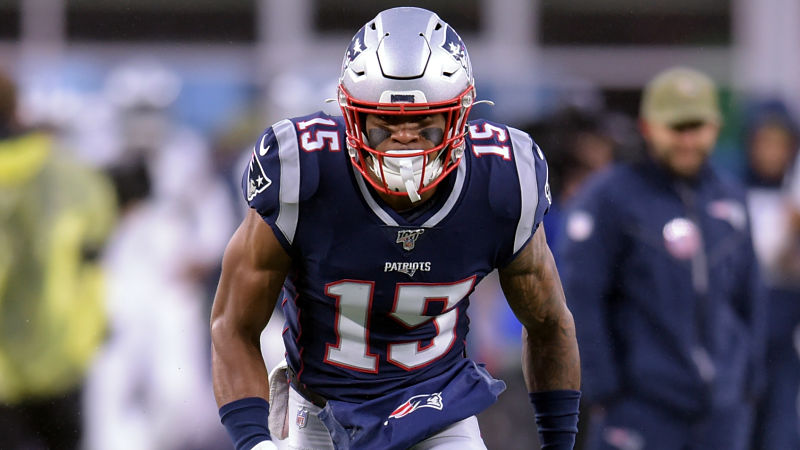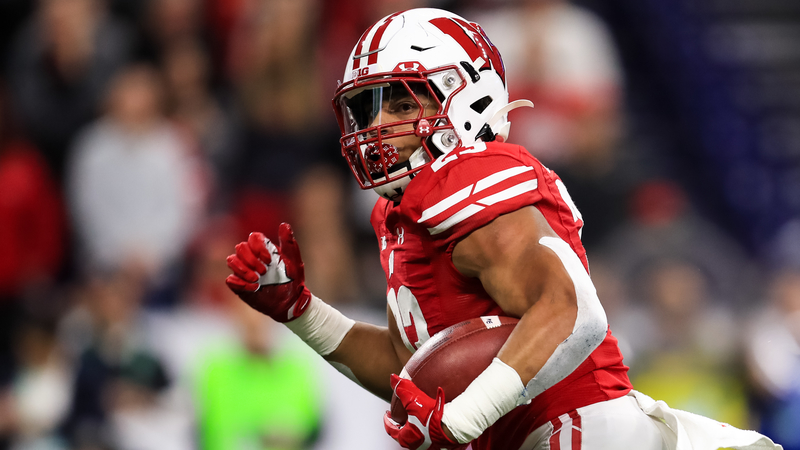Chaim Bloom made it perfectly clear during his introductory press conference with the Red Sox back in October that he foresees Boston’s baseball operations department working in a very “collaborative” manner moving forward.
But what exactly does that mean?
[nesn_embed_the_score team=”patriots”]
Bloom shed light on his leadership style this week while speaking with ESPN’s Joon Lee at the Major League Baseball winter meetings in San Diego, and it’s easy to see why the Red Sox’s new chief baseball officer has earned a reputation as a strong communicator with excellent people skills.
“You just see how much more you can accomplish when people work together when they feel valued, when everyone recognizes that no one person has a monopoly on the truth and nobody has all the answers,” Bloom told Lee. “We are only going to achieve our full potential if we’re willing to work together and willing to be vulnerable and acknowledge that we can all learn from each other.”
Bloom, who spent the last 15 years in the Tampa Bay Rays’ baseball operations department, has a full plate upon arriving in Boston, especially with the Red Sox looking to trim payroll in an effort to get below the $208 million luxury tax threshold. He’s only made minor moves to this point — including reportedly signing infielder Jose Peraza and pitcher Martin Perez in free agency — but he’s inheriting a roster with several question marks, and it’ll be interesting to see what specifically Bloom values most in his effort to build a contender capable of sustained success.
“I’ve never felt that (numbers and people) were categorical opposites. The best process is going to allow you to take into account as many sources of information as possible and try to paint a complete picture,” Bloom told Lee, offering some insight into how one must balance analytics with the human element of professional sports. “People with different backgrounds see the world differently, and that can lead us into some debates, but I’ve never seen it as one side is going to win or the other side is going to win.
“I think it’s really all about trying to understand the questions you want to ask about a player. What are we trying to figure out here, and we’re going to need the best tools to figure that out. And even in terms of things that don’t lend themselves as easy to quantify and being put into numbers, you still need to learn how to put some context to them, so you still have to figure out what we might think about this particular player that might not be a number.”
Will the Red Sox trade Mookie Betts or another notable member of the major league roster? How will they replenish the farm system after trading away several highly regarded prospects in recent years? Can Boston slash payroll and still remain competitive in the American League East on the heels of the New York Yankees landing an ace in Gerrit Cole?
These are just a few of the questions facing Bloom in his early days with the Red Sox, who before long could have a different look and feel thanks to a significant change in management style at the top of the baseball operations food chain.

